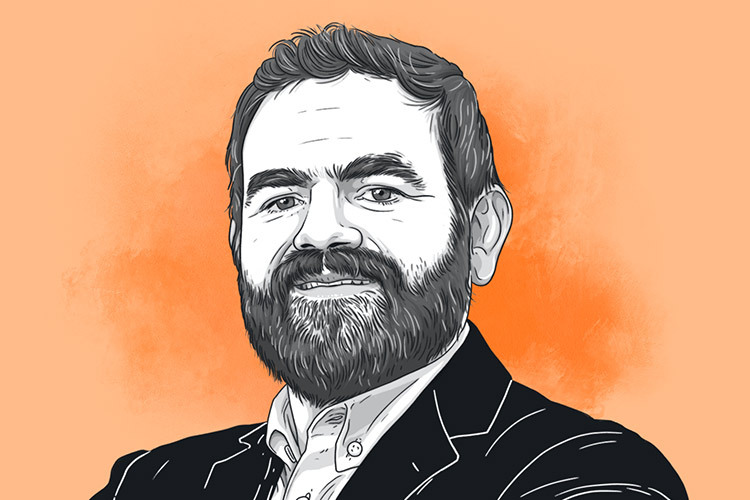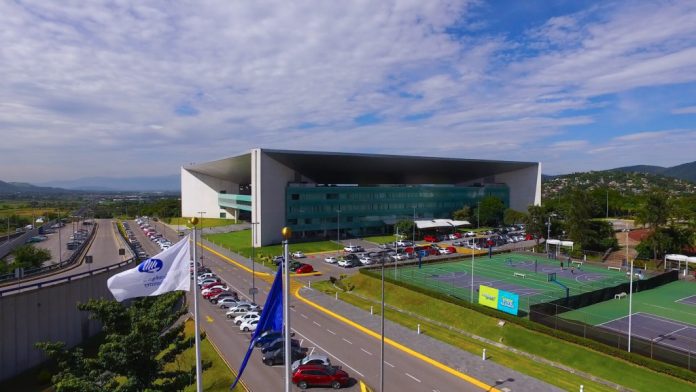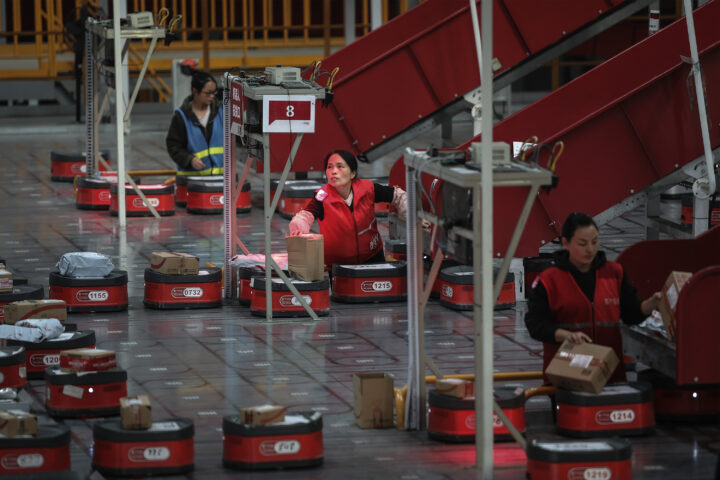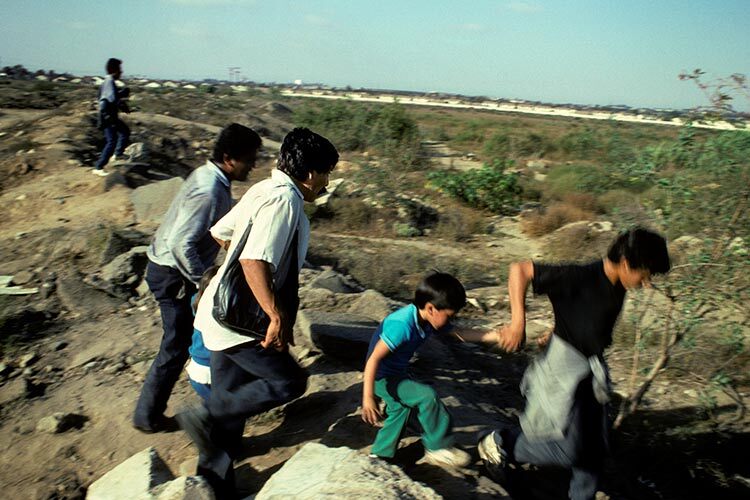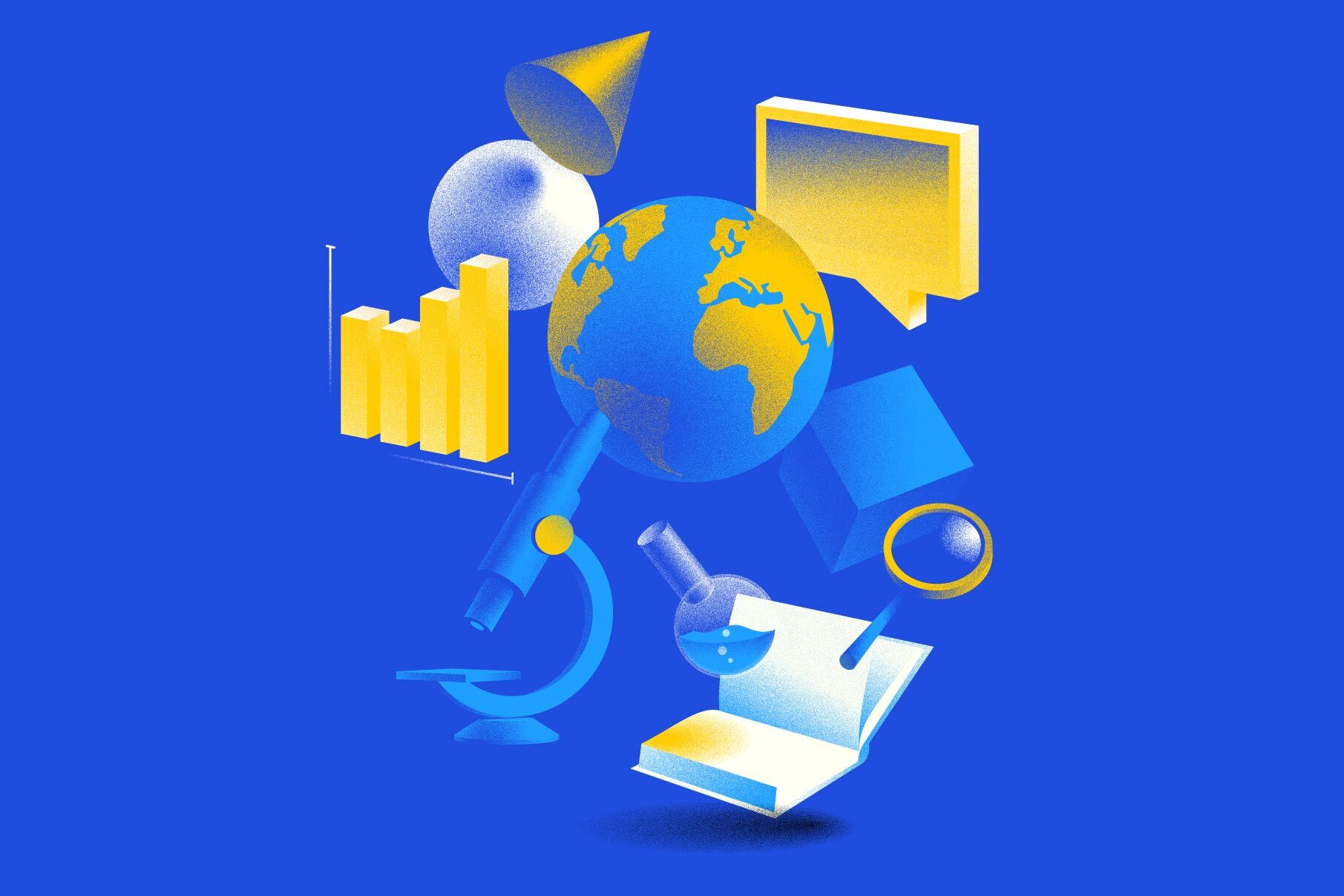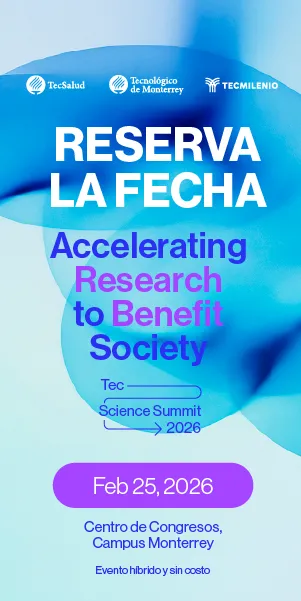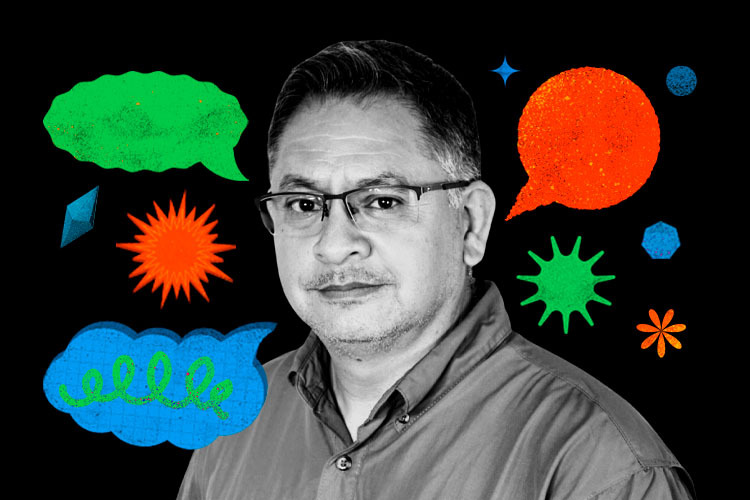Daniel Jacobo-Velázquez, Dean of Research at the School of Engineering and Sciences
During LGBTQ+ Pride Month, reflecting on the vital role of inclusion and diversity in research and innovation within our academic institutions is crucial. As a member of the LGBTQ+ community, I have witnessed how an inclusive environment enriches our personal lives and enhances our ability to generate knowledge and solve complex problems.
Diversity in academia and science is not just a matter of social justice; it is essential for excellence and progress. Science and engineering benefit immensely from the multitude of perspectives and experiences of researchers from different backgrounds. When we foster an inclusive environment, we promote creativity and innovation, challenge assumptions, and expand the range of possible solutions.
An inspiring example is the mathematician and cryptanalyst Alan Turing, widely regarded as one of the fathers of modern computing and artificial intelligence. Turing, a gay man, played a crucial role in World War II by deciphering the Enigma codes used by Nazi Germany, significantly contributing to the Allied victory. His work laid the foundation for developing computing as we know it today. Despite the repression and persecution of his identity during his time, he made fundamental contributions that have changed the world.
Another notable example is British astrophysicist Lord Martin Rees, who has made significant contributions to cosmology and is an outspoken advocate for LGBTQ+ rights. Rees has been a prominent voice in science, championing the importance of diversity and inclusion across all fields of knowledge. His work in understanding the universe and his commitment to inclusion highlight how these two areas can converge to foster a more collaborative and creative environment.
Additionally, we should remember chemist Carolyn Bertozzi, who won the Nobel Prize in Chemistry in 2022 for her work on the biochemistry of glycans. Bertozzi, an openly lesbian woman, has pioneered her field and is a role model for many young LGBTQ+ scientists. Her research has advanced our understanding of cellular biology and opened new avenues for disease treatment. Bertozzi demonstrates that being authentic and living openly can coexist with academic excellence and cutting-edge innovation.
These examples underscore how inclusion and diversity enrich science and are essential for its advancement. Creativity and innovation flourish in environments where diversity is valued and respected. The unique perspectives brought by the LGBTQ+ community can lead to novel solutions and innovative approaches in scientific research.
Research must reflect and address the needs and challenges of the LGBTQ+ community. This can include studies that tackle health disparities, the impact of discrimination, and mechanisms to promote inclusion in various contexts. By directing our research efforts toward these issues, we are contributing to the well-being of our community and generating knowledge with the potential to benefit society as a whole.
In conclusion, inclusion in research is an ethical responsibility and an intelligent strategy for innovation and scientific advancement. As we celebrate LGBTQ+ Pride this month, we reaffirm our commitment to creating an environment where all individuals, regardless of sexual orientation or gender identity, can thrive and contribute fully. We can only build a more just, equitable, and brilliant future through a collective and conscious effort.
Were you interested in this story? Do you want to publish it? Contact our content editor to learn more about marianaleonm@tec.mx
